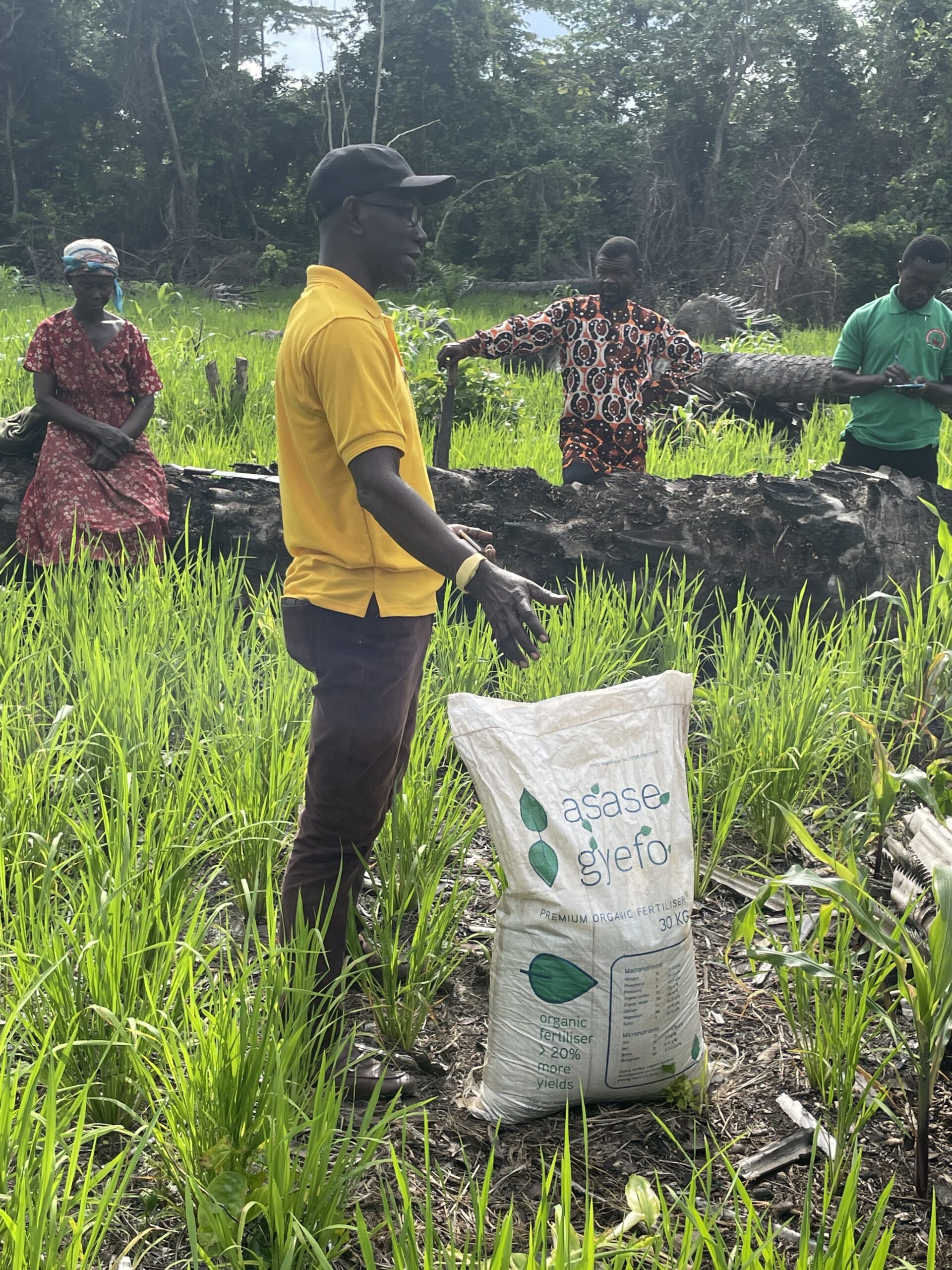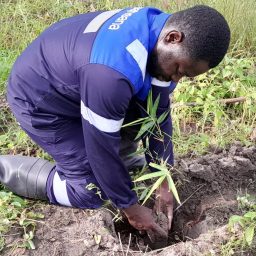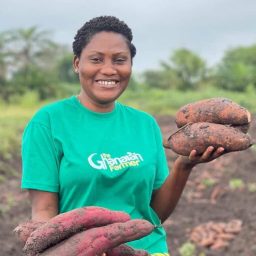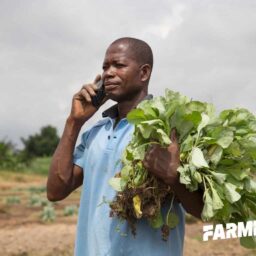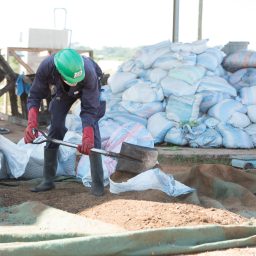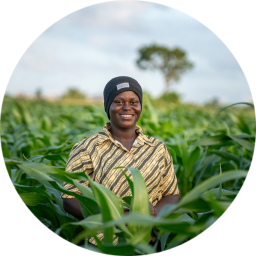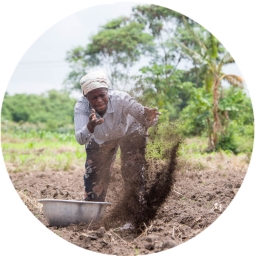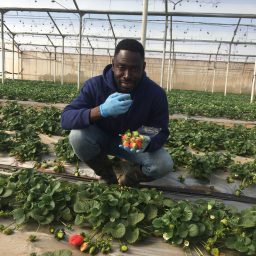Asase gyefo – love your land
Welcome to Safisana’s monthly sustainable farming blog curated by farmer and senior agronomist Daniel Larkai. In this episode, Daniel Larkai discusses the crucial importance of water resources, the reverse effects of climate change, and emphasizes the need to implement strategic measures to address these challenges.
Water’s Vitality
Since ancient times, human civilization has been deeply intertwined with water. Many cities, towns, and villages were established near water bodies, historically serving as sources of drinking water, transportation channels, irrigation for agriculture, hydropower generation, and even spiritual and recreational activities. The importance of water remains evident today, especially in agriculture, where it plays a critical role alongside light, nutrients, and temperature in supporting plant growth and development. Among these, water availability in terms of both quality and quantity has become a significant concern, particularly in Sub-Saharan Africa.
In Sub-Saharan Africa, where the majority of crop production relies on rainfall, the effects of climate change are becoming increasingly apparent. Farmers, long aware of the reality of climate change, have been experiencing shifts in rainfall patterns that disrupt planting seasons and reduce yields. This year, the situation in Ghana has drawn widespread attention, as social media is flooded with images and videos documenting the abrupt cessation of rains during the 2024 cropping season. The northern regions, particularly those within the Guinea and Sudan Savanna agroecological zones, have been hit hardest, facing a severe drought that threatens the entire agricultural season.
Adapting to climate
The urgency of this situation cannot be overstated, particularly for regions with an unimodal rainfall pattern, where a single rainy season peaking in August is all that sustains crop production. If the current season is lost, these areas will have to wait until the following year for another opportunity to plant, unlike the Southern region and parts of the transitional agro-ecological zone, which benefit from a bimodal rainfall pattern and may still have a chance to recover if conditions improve by early September. The potential impact on food security is significant and demands immediate and effective intervention.
To address these challenges, both short-term and long-term strategies must be implemented. In the short and medium term, the government should promote and support green companies like Safisana Ghana Limited, which upcycles organic waste and reduces greenhouse gas emissions, contributing to the fight against climate change. Farmers should also be encouraged to adopt organic fertilizers, such as Safisana’s Asase Gyefo Organic fertilizer, as part of an Integrated Plant Nutrient Management approach. This practice not only enhances soil health but also contributes to significant carbon sequestration, mitigating the effects of climate change.
Safeguarding Ghana’s waters
In the medium to long term, protecting our water bodies from illegal activities that degrade their quality is essential. Ghana’s natural water resources, including the Volta Lake and rivers like Pra, Tano, White, and Black Volta, hold the potential to irrigate vast areas of agricultural land if developed appropriately. Promoting the use of efficient irrigation methods, such as drip irrigation, among farmers will ensure that water is used judiciously, safeguarding it for future generations. Water is life, and we must protect it to ensure our survival and prosperity.
To learn more about Daniel’s background, read the interview in our #WeAreSafisana post.
Check all Asase Gyefo sales points here. For more information about our product, please reach out to our agronomy team via the Contact Page.




